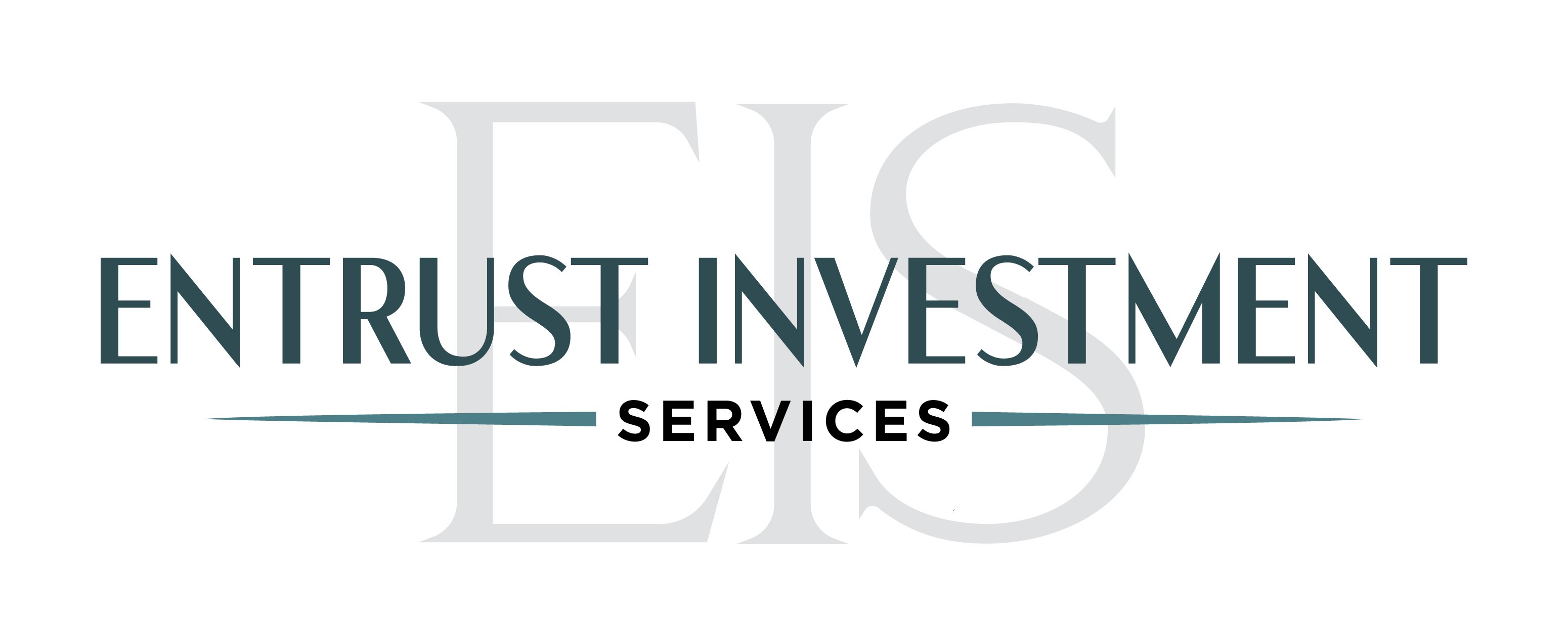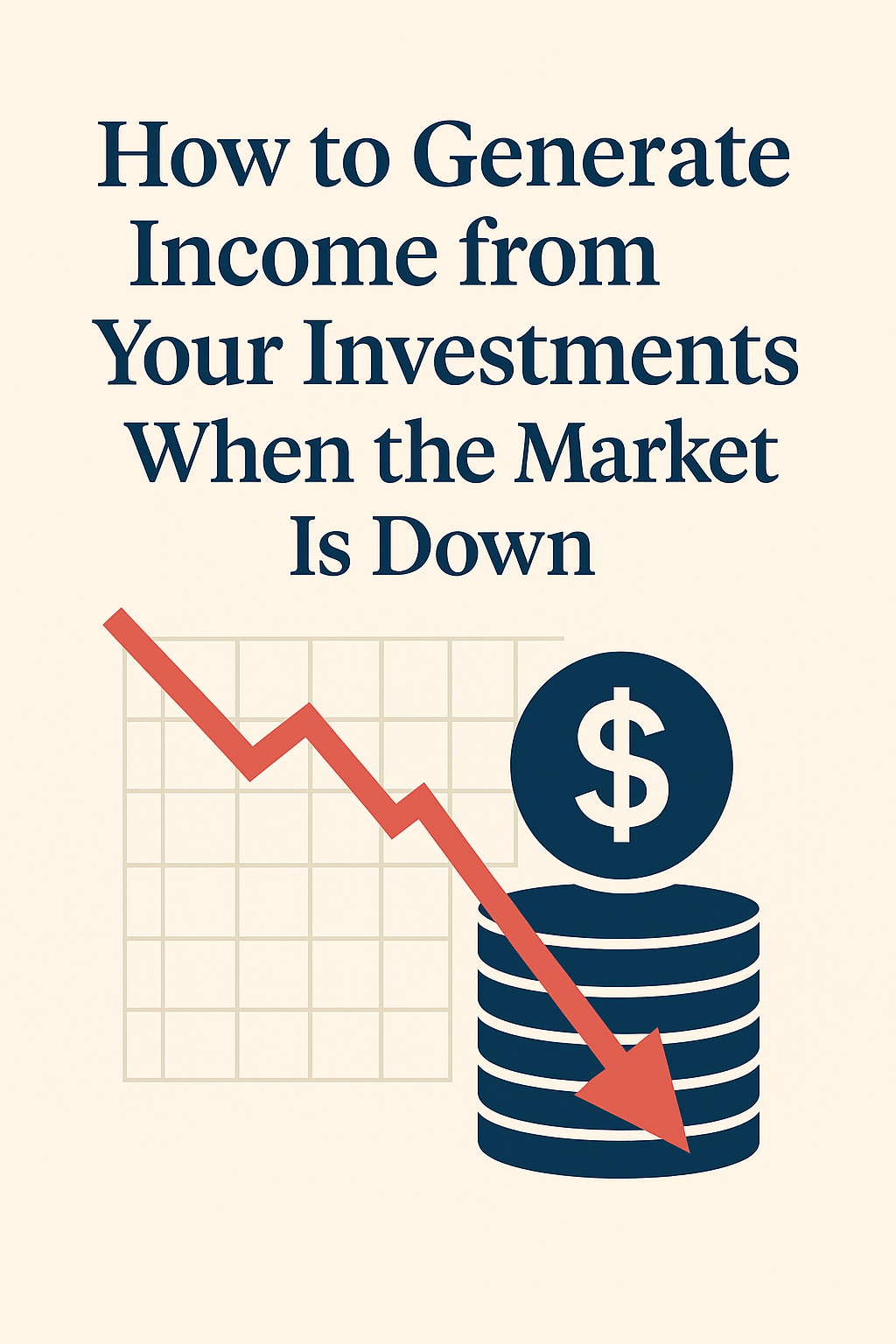When the stock market drops, most people’s first instinct is fear. But for retirees—or anyone depending on their investments for income—that fear can feel existential.
Because if your portfolio goes down, and you're also withdrawing from it? You might be eating into the engine that creates your future income. That’s a problem.
Let’s walk through smarter strategies that keep the income flowing—without touching your principal.
The Golden Rule: Don’t Spend Your Principal
The #1 mistake retirees make is selling shares to fund their lifestyle. It's tempting, especially in a down year when interest and dividends aren’t enough. But the moment you start selling into a declining market, you’re compounding the problem.
Touching your principal puts you on a clock. Eventually, the money runs out—especially if market losses stack up early in retirement.
So instead, we focus on this:
✅ How do I make my investments generate income—whether the market is up or down?
Income Strategies That Work (Even in a Down Market)
1. Covered Calls on Quality Stocks
If you own stocks or ETFs, you can sell call options against them—agreeing to sell them at a certain price if they rise— and collect premium income up front.
Think of it like renting out your stocks. You still own them, but now they're generating monthly cash.
It’s especially useful in flat or falling markets when you’re less worried about missing upside gains.
2. Dividend Growth Investing
Instead of reaching for the highest yield, focus on companies that consistently raise their dividends. These are typically:
- Financially sound
- Less volatile
- Committed to shareholder returns
Even in tough markets, many of these firms continue to increase dividends—giving you a growing paycheck without selling a single share.
Look for:
- Dividend aristocrats or kings
- Low payout ratios
- Strong cash flow and balance sheets
3. Fixed Income That Finally Pays Again
For the first time in over a decade, interest rates are respectable. That means you can lock in income with:
- Investment-grade bonds
- CD ladders
- Treasuries
- Preferred stock
- Buffered notes or structured income products with principal protection
These tools create a baseline of steady, predictable income—something retirees haven’t had much of since the early 2000s.
4. REITs and Alternative Income Assets
Real estate investment trusts (REITs), business development companies (BDCs), and certain energy infrastructure investments offer high, consistent income—often in sectors that behave differently than the stock market.
Care is needed here:
Some of these are more volatile than they look, but the right ones can generate 5–8% income or more.
What to Avoid
- ❌ Spending principal – Every time you sell a share, you're reducing your future income capacity.
- ❌ High-yield traps – If it pays 11% and sounds too good to be true, it probably is.
- ❌ Tactical rebalancing for income – This approach works for growth portfolios, not for those relying on income generation.
Conclusion: Turn Your Portfolio Into a Paycheck
Markets don't always cooperate—but your plan should. By shifting focus from growth-only to income-first investing, you protect your future, reduce stress, and create stability—no matter what the headlines say.
If your current plan assumes you’ll sell assets to fund retirement, it might be time for a second opinion.
Because in retirement, it’s not about how big the number is on your statement—
It’s about how consistently it can pay you.




